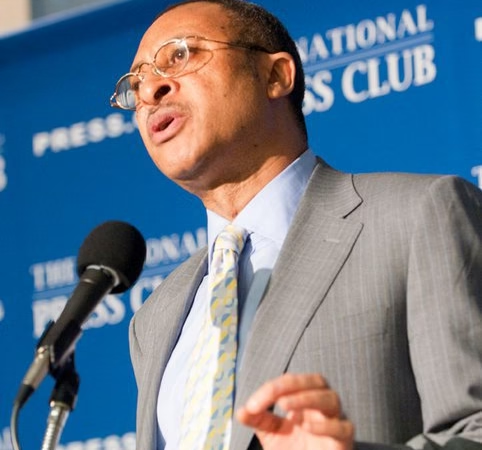Labour Gives Defaulting States March Deadline To Implement New Minimum Wage

The Nigeria Labour Congress (NLC) has notified states and employers to implement the new minimum wage across the country by the end of March.
The NLC said strict action will be taken against defaulters after the final notification deadline.
Mohammed Ibrahim, president of the Senior Staff Association of Nigerian Universities (SSANU), said this at a one-day national leadership retreat held for the union’s national steering committee members in Abuja on Wednesday.
The theme of the retreat was “Leadership Challenges in Activism,” a measure that Ibrahim, who is also the national internal auditor of the NLC, said was imperative because of the continuous delays by states and agencies to manipulate the payment of wages.
He added that one of the problems in implementing the minimum wage is dishonesty. The National Minimum Wage was supposed to be signed into law and payments should have begun nationwide,” he said. But most agencies and states are only paying a certain amount or figure as the minimum wage to play on workers’ intelligence. I am glad, however, that the NLC is addressing this issue.
But as for the future, I can assure you that between now and the end of this first quarter, we are taking very stringent steps to ensure that the minimum wage and its associated adjustments are in place. ‘States and employers of workers who refuse to implement the national minimum wage and its accompanying adjustments to workers’ salaries will face the consequences.
Labor laws exist and we have everything we need to enforce our rights against such employers.” On the subject of the retreat, Ibrahim said that some union members are blocking strike action and undermining the effectiveness of industrial action.
He also acknowledged that government apathy and worker fatigue have rendered contentious actions ineffective; the SSANU president explained that strikes remain a last resort, but that the union will seek alternative bargaining strategies. He also stressed the need for continued training of university employees and funding for higher education institutions.
However, Ibrahim said that universities must remain centers of learning and innovation and require continuous staff development.



